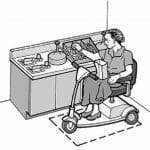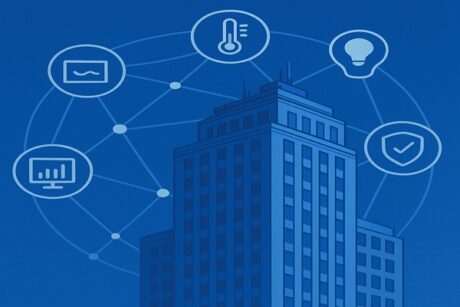- Course No E – 2031
- PDH Units: 4
No data found for Custom Course Number
No data found for Custom Course Units
- Course No E – 2031
- PDH Units: 4
Intended Audience: Mechanical, Industrial and Manufacturing Engineers
Credits: 4 PDH Units
"The next industrial revolution is bringing about untold change in every industry creating massive advantages and challenges to implement." Industry 4.0 is the digital transformation of manufacturing/production and related industries and value creation processes. Industry 4.0 is used interchangeably with the fourth industrial revolution and represents a new stage in the organization and control of the industrial value chain. The implementation of industry 4.0 is giving birth to smart manufacturing practices and smart factories. Increasing productivity and revenue exponentially. In short we can say - The Fourth Industrial Revolution (or Industry 4.0) is the ongoing automation of traditional manufacturing and industrial practices, using modern smart technology (Like Robotics,CNC,3D printing etc.) Smart Manufacturing and Smart Factories bring with them optimizations and a growing ability to self-optimize production leading to nearly zero downtime. Optimization will play a major role in keeping high end equipment maintained efficiently by having the right resources in the right place at the right time. Being able to utilize your production capacity constantly and consistently is better than a major down time or changeover. While IIOT (Industrial Internet Of Things) and M2M (Machine to Machine communication) are in the lead, Automation and related applications, Is playing a vital role in shaping the ecosystem of Industry 4.0.:
- Automation - Classification, Control system & challenges
- Robotics - Definition, Laws of robotics, Components of a robot, Robot classification, DOF - Degree Of Freedom, Robot configurations and some exceptional robots available in industry.
- Numerical Control - NC & CNC machines, Components of CNCs, Types of CNCs, Importance of higher axes machining, Programming format, CODING exercise (G-Code), Applications.
- 3D Printing - General Explanation, Procedure, Types of 3D printing processes, Materials & applications.
Learning Objectives
At the successful conclusion of this course, you will have the following knowledge and skills:- Classification of automation & types of control systems, Ethical dilemma of automation
- Robotics - Robot definition,classification,components & configuration,Laws of robotics,Degree of freedom in robotics
- NC & CNC machines - Components,types,Higher axes machining,G CODE & M CODE,Programming
- 3D Printing - Procedure,processes,materials & applications
Once completed, your order and certificate of completion will be available in your profile when you’re logged in to the site.










